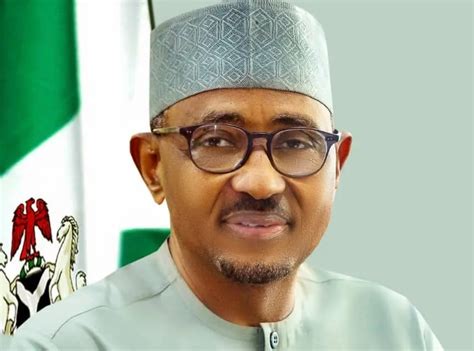The Chief Executive of the Nigerian Midstream and Downstream Petroleum Regulatory Authority (NMDPRA), Farouk Ahmed, has stated that petrol consumption had fallen to 4.5 million liters following the removal of subsidies by President Bola Tinubu.
He made this disclosure at the ongoing OTL Downstream Energy Week in Lagos, Nigeria.
Ahmed indicated that Nigeria’s daily petrol consumption currently fluctuates between 45 million and 50 million liters, with demand expected to rise as the festive season approaches.
He noted, “The current market volume ranges between 45 and 50 million liters per day, including our buffer. This increase is typical during the high-demand period of the fourth quarter leading up to the holidays, but we anticipate a decline in consumption afterward due to elevated prices.”
He also mentioned that the recent price adjustments could help curb fuel smuggling across borders, a persistent issue in the industry.
“We hope this price liberalization will discourage cross-border smuggling by reducing the incentives for such activities, thereby keeping products within the country. This will help align actual supply with market demand,” he explained.
Ahmed clarified that NMDPRA will no longer set prices, as the market has been fully deregulated.
“Our role is to facilitate a free market for all participants while overseeing compliance with regulations outlined in the Petroleum Industry Act. Price fluctuations are a natural result of a free market system, influenced by international gasoline and crude oil prices, which have been volatile due to geopolitical tensions in the Middle East,” he stated.
He further emphasized that Nigeria’s downstream oil and gas sector is evolving into an attractive investment destination, thanks to recent bold reforms by the government.
“With the support of the President’s Special Advisors on Energy and the Ministers for Petroleum Resources, we aim to achieve ambitious targets, including a daily crude oil production rate of 3 million barrels. We also aspire to increase domestic gas utilization to 10 billion standard cubic feet per day and expand refining capacity to establish Nigeria as a net exporter of petroleum products.”
Ahmed concluded by highlighting significant progress over the past year, with reforms aimed at streamlining regulatory frameworks and improving compliance for industry players.







